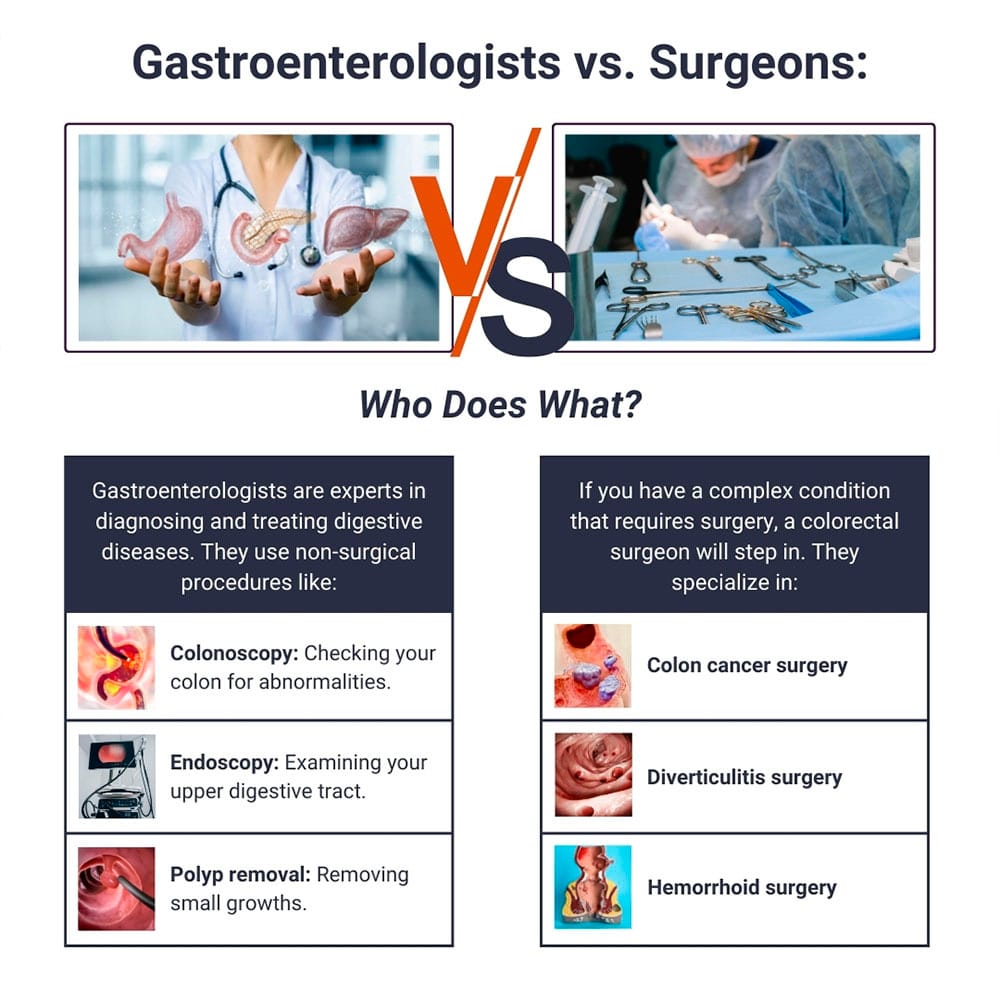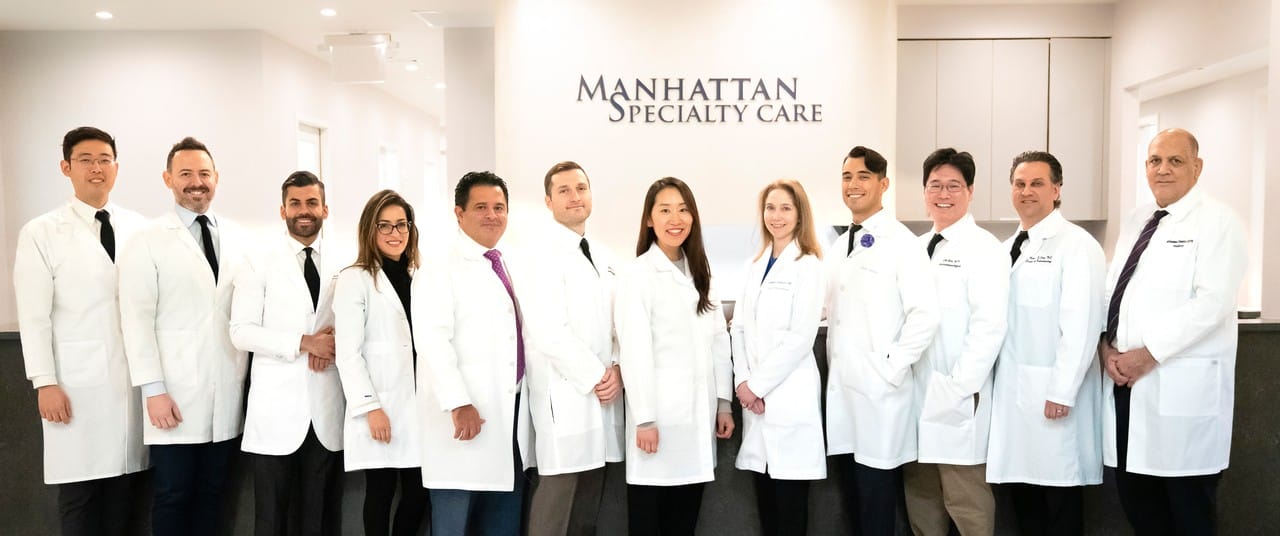If you’re dealing with digestive health issues, you might wonder: do gastroenterologists actually perform surgery? The short answer is no, but there’s a lot more to their role than meets the eye. Let’s break it down and see what they do, how they differ from surgeons, and when you might need each.
What Does a Gastroenterologist Do?
Gastroenterologists are specialists when it comes to anything involving the digestive system. This includes everything from your esophagus and stomach to your intestines, liver, pancreas, and gallbladder. So, if you’ve got a problem in one of those areas, they’re the ones to see.
Their path to becoming specialists is pretty intense.
Here’s what it looks like:
- Internal Medicine Residency: 3 years of training focused on general medicine.
- Gastroenterology Fellowship: Another 3 years where they dive deep into diseases of the digestive system.
Even though they’re experts in procedures like colonoscopies and endoscopies, these aren’t what you’d call surgeries. Instead, these tools help them get a clear view of what’s going on inside, diagnose issues, and even handle smaller problems like removing tiny polyps.

Common Gastroenterology Procedures
Gastroenterologists are all about non-surgical procedures.
Here are a few you might have heard of:
- Colonoscopy: This one’s about checking out your large intestine to see if everything’s in order.
- Endoscopy: A way to explore your upper digestive tract for any signs of trouble.
- Polyp Removal: If you’ve got small polyps, they can snip them out during a colonoscopy.
So, When Do You Need Surgery?
There are times when a gastroenterologist will refer you to a surgeon. It happens when the issue is too big or complex for non-surgical treatments.
Here are some examples:
- Large Polyps or Tumors: Sometimes, a polyp is too big to remove safely during a routine procedure, and surgery becomes necessary.
- Severe Crohn’s Disease or Ulcerative Colitis: If these conditions cause major complications like blockages or fistulas, surgical intervention might be the best option.
- Colon Cancer: When cancer is diagnosed, surgery is often needed to remove the affected part of the colon.
In these cases, a gastroenterologist will team up with a colorectal surgeon to ensure you get the right care.
What’s the Role of a Colorectal Surgeon?
Colorectal surgeons, sometimes known as proctologists, are the experts when it comes to surgeries involving the colon, rectum, and anus.
Their training includes:
- General Surgery Residency: 5 years of surgical training.
- Colorectal Surgery Fellowship: Extra focus on surgeries specific to colorectal conditions.
These surgeons step in for conditions like:
- Colorectal Cancer
- Severe Diverticulitis
- Complex Hemorrhoids
- Anal Fistulas
They’re the ones who take over when non-surgical methods won’t cut it (literally).
What About Non-Surgical Treatments?
Gastroenterologists don’t just diagnose; they also help manage chronic conditions with treatments that don’t involve surgery.
Here’s what they often focus on:
- Medication: Whether it’s for acid reflux, IBS, or inflammatory bowel disease, they’ll prescribe the right meds to help manage your symptoms.
- Diet Advice: Sometimes, changing your diet can make a huge difference in managing symptoms or preventing problems from getting worse.
- Lifestyle Tips: They can offer advice on lifestyle changes—like stress management or exercise—that can improve your overall digestive health.
Gastroenterologists vs. Colorectal Surgeons: What’s the Difference?
Here’s a quick breakdown of how these two specialists differ:
- Training: Gastroenterologists focus on non-surgical treatments for digestive diseases, while colorectal surgeons are trained to perform surgeries.
- Procedures: Gastroenterologists handle colonoscopies and endoscopies. Colorectal surgeons tackle surgeries like removing tumors or repairing fistulas.
- Scope of Practice: Gastroenterologists treat conditions like GERD, IBS, and hepatitis. Colorectal surgeons deal with surgical cases like colorectal cancer or severe hemorrhoids.
When Should You See a Gastroenterologist?
You might want to schedule a visit with a gastroenterologist if:
- You’ve been dealing with persistent digestive symptoms like abdominal pain, bloating, or changes in your bowel habits.
- You have a chronic condition like Crohn’s disease or ulcerative colitis.
- It’s time for a colorectal cancer screening, which usually means a colonoscopy.
Wrapping It Up

Gastroenterologists play a vital role in keeping your digestive system healthy. They use advanced tools and techniques to diagnose and treat a wide range of issues without surgery. And when surgery is necessary, they work closely with colorectal surgeons to ensure you get the best care possible.
If you’re looking for an expert New York gastroenterologist, our team of board-certified, world-class physicians is here to help. Whether you need a routine check-up or specialized treatment, we’re dedicated to providing comprehensive, patient-centered care tailored to your needs.

